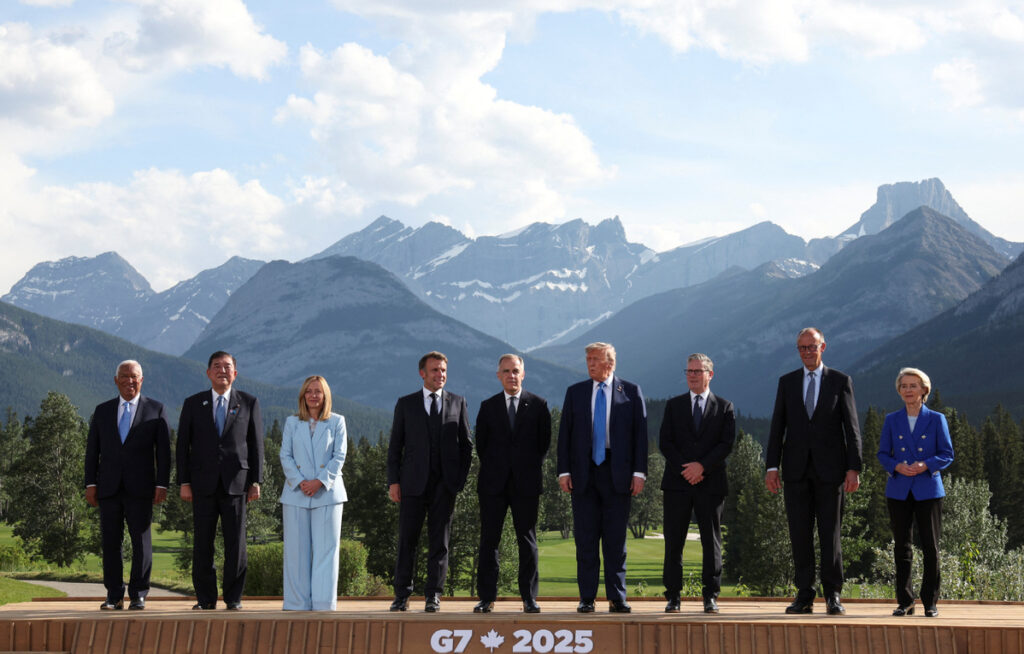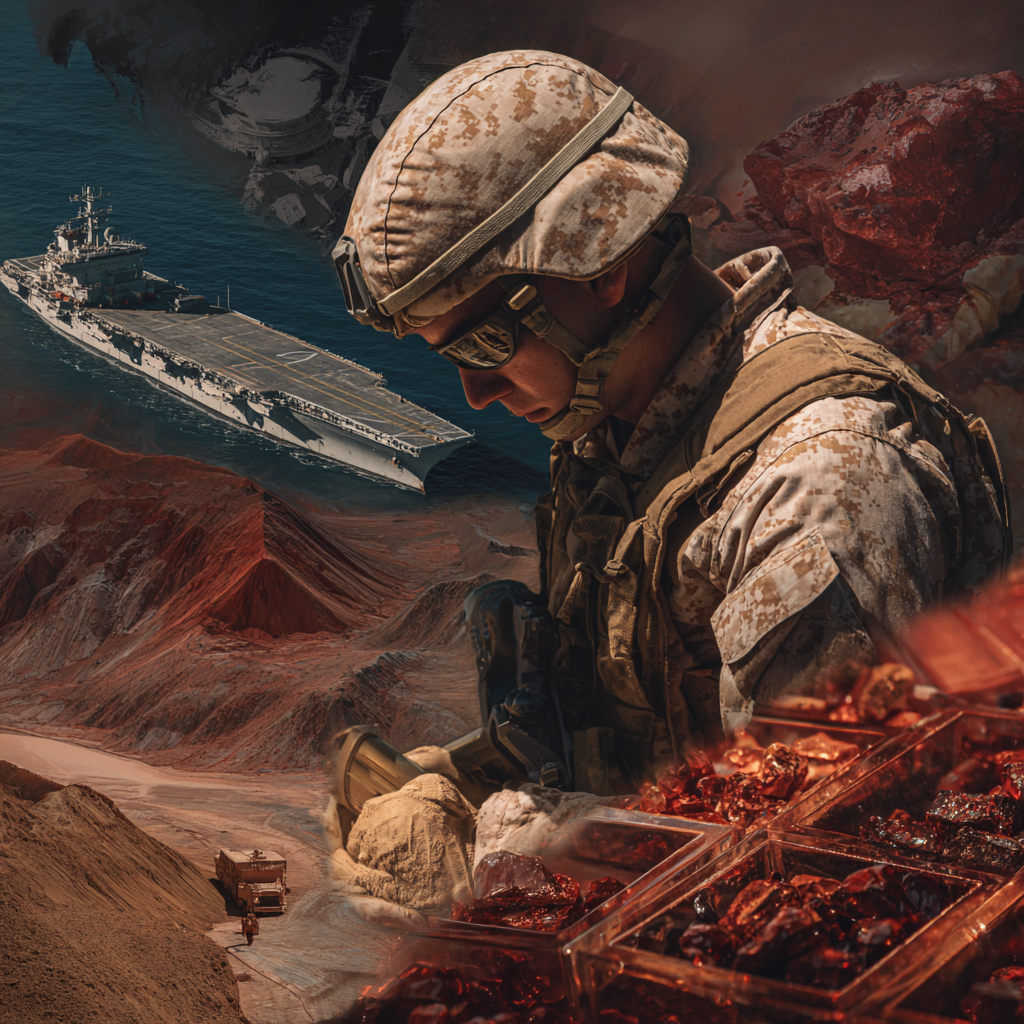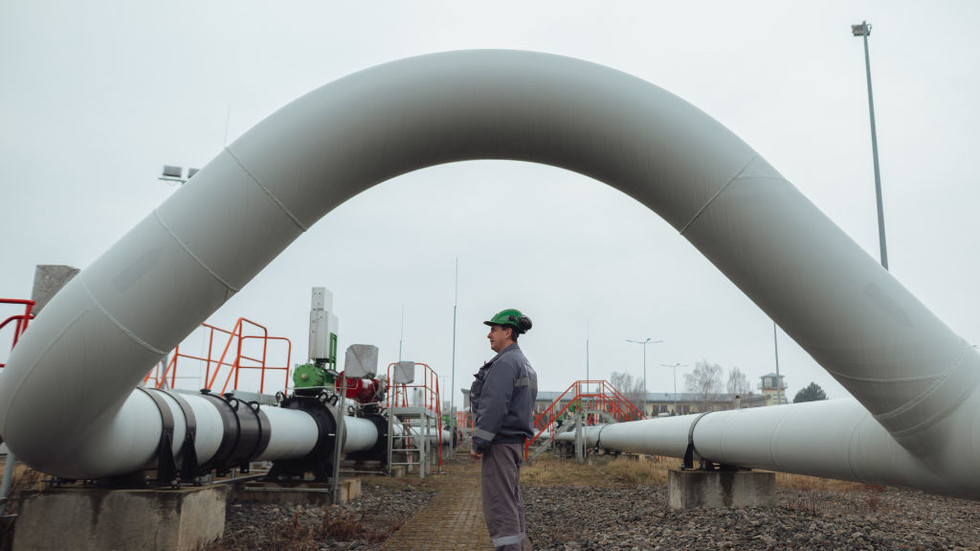G7 Summit Spotlight: Trade Tensions and Global Geopolitics Take Center Stage

Global trade frictions and mounting geopolitical unrest dominated discussions at the G7’s three-day summit in Canada, which wraps up today. The Group of Seven — consisting of the U.S., U.K., France, Germany, Italy, Canada, Japan, and the European Union — was also joined by leaders from Australia, India, and Brazil, signaling broader international involvement.
Middle East in Focus
G7 leaders issued a firm statement backing Israel, labeling Iran as the “principal source of regional instability and terror.” They also called for a ceasefire in Gaza and a broader de-escalation of hostilities across the Middle East.
Former President Donald Trump took a harder stance, warning Iranian citizens to evacuate Tehran. His sudden exit from the summit sparked speculation, with French President Emmanuel Macron claiming Trump was pursuing a ceasefire between Israel and Iran. Trump, however, dismissed that, saying he left “for something much bigger.”
Trade Talks: Progress and Roadblocks
Before his departure, Trump signed a trade agreement with U.K. Prime Minister Keir Starmer, aimed at cutting tariffs and easing trade barriers. However, disputes over steel and aluminum tariffs remain unresolved.
Trump also hinted at a potential deal with Canada in the near term:
“I’m a tariff person,” he said. “Mark [Carney] has a different concept… we’re going to see if we can get to the bottom of it.”
Rare Earths & Critical Minerals
Amid concerns over China’s export restrictions, G7 leaders drafted a strategic framework to secure critical mineral supply chains vital for global industry.
“Non-market policies and practices threaten our ability to acquire many critical minerals,” the draft reads.
“We need immediate and scaled investment to overcome barriers like permitting delays, market manipulation, and price volatility.”
The final language of the strategy is still under review and subject to changes before official adoption.
As we can see global trade realignment is accelerating through bilateral deals, the Middle East instability remains a central concern for Western leaders and strategic resources are now a top-tier G7 agenda item.



